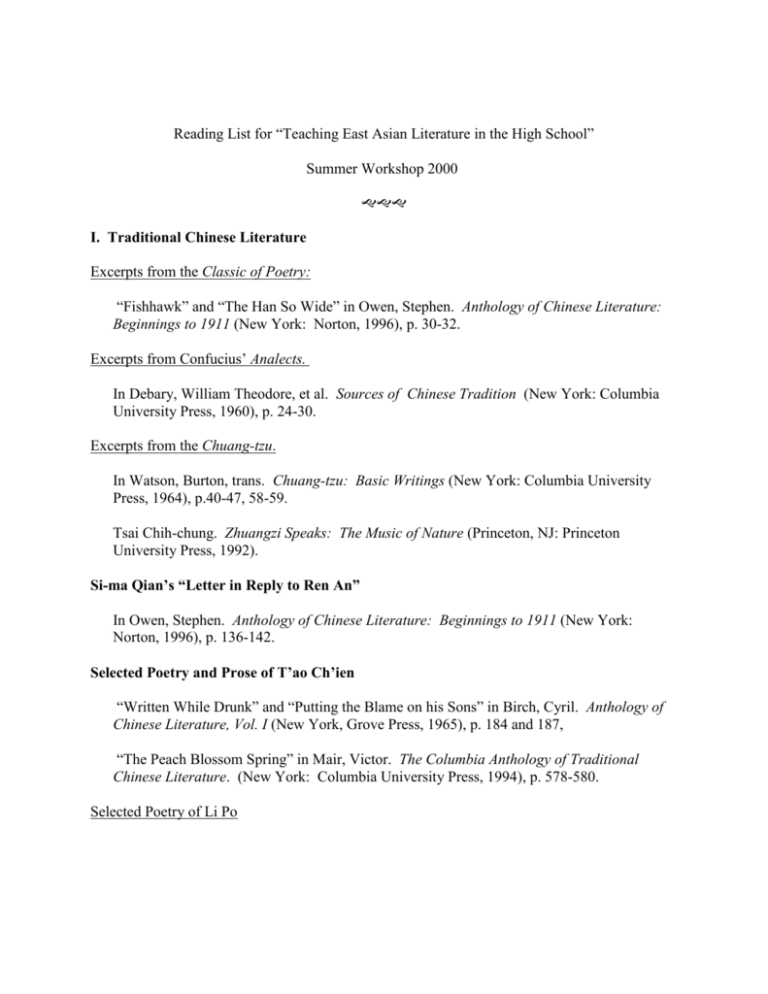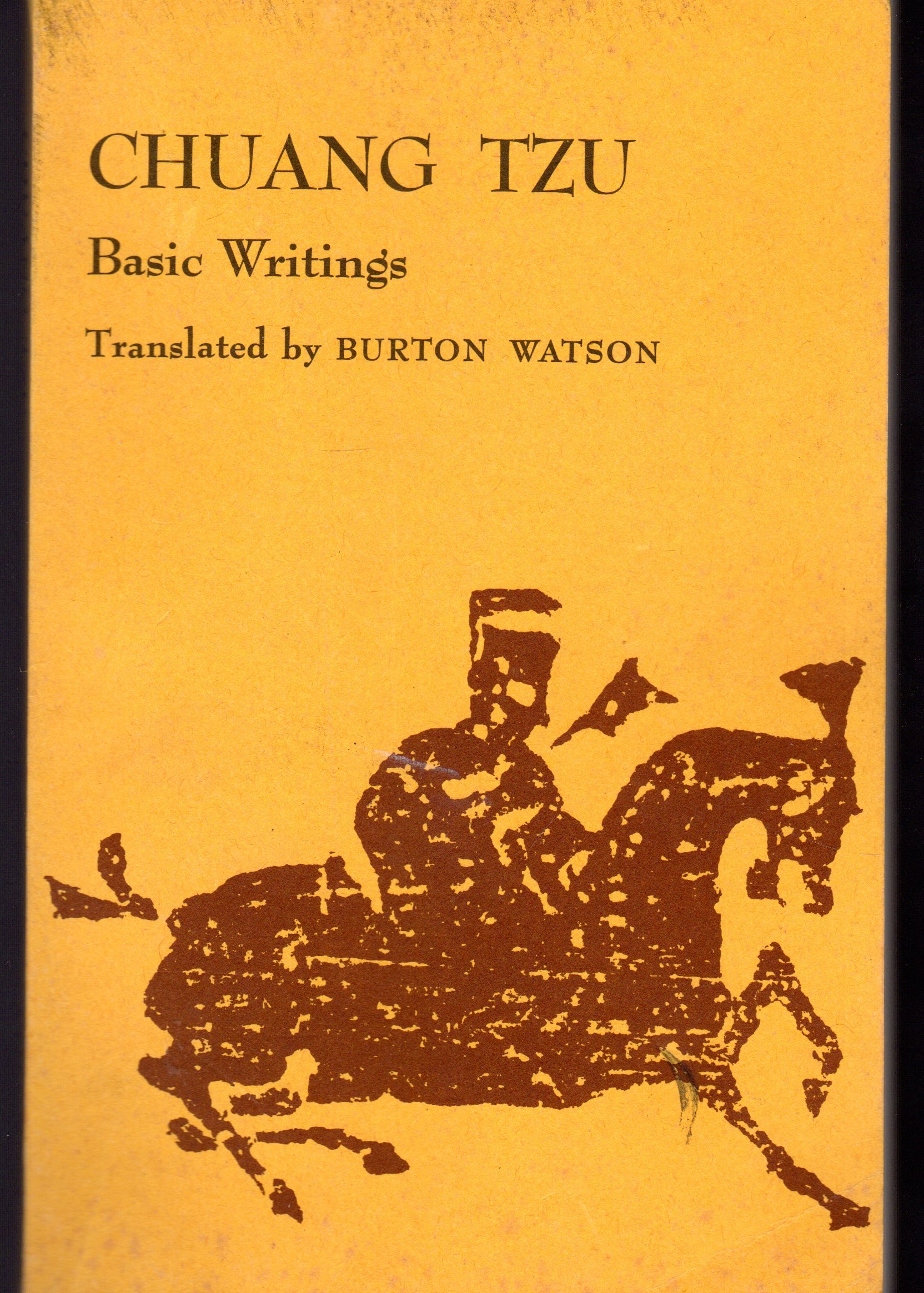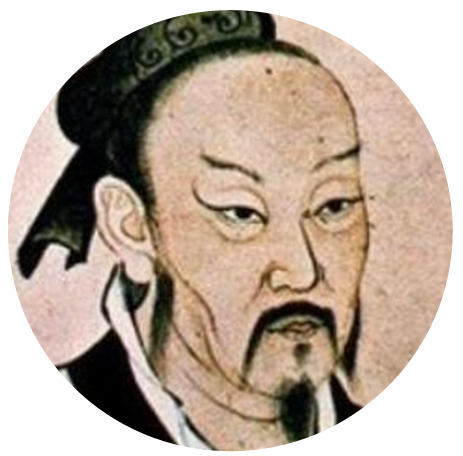

All three were rewarding and worthwhile reads (I mean, it IS the Chuang Tzu!), but I still come back to Burton Watson's The Complete Works of Chuang Tzu as my favorite. This proved a good strategy-the other translations I chose were Victor Mair's Wandering on the Way: Early Taoist Tales and Parables of Chuang Tzu and A.C. So I figured reading a few different translations is probably the best way to get a broad and deep understanding of the text, and the cumulative effect would make up for each translation's weaknesses.

Since this text is written in ancient Chinese, a language that was reserved for the intellectual and cultural elite two thousand years ago and has been considered effectively "dead" (like Latin) for quite a while, even understanding what the author(s) were trying to say is difficult, let alone translating the words from Chinese to English. I recently completed reading the last of three complete translations of the Chuang Tzu, and I decided to wait until I read all of them before reviewing any of the three.

Indeed, after better understanding the thought this book expresses, I felt like so many loose ideas and insights I'd gleaned from other philosophy, literature, music, and poetry had been tied up together and formulated into a concise and elegant package that is urgently relevant to every day life-pretty amazing for a text that is well over 2000 years old! If you've not heard of or read this book before, you're in for a real treat! The first time I read the Inner Chapters of the Chuang Tzu was like a revelation-the thoughts and ideas expressed in these passages still resonate today for their acuity, humor, satire, stabbing profundity, and life-changing potential. The Chuang Tzu (rendered Zhuangzi in pinyin, which is becoming the standard transliteration these days) is second only to Lao Tzu's Tao Te Ching in its popularity and veneration in the Taoist world.


 0 kommentar(er)
0 kommentar(er)
